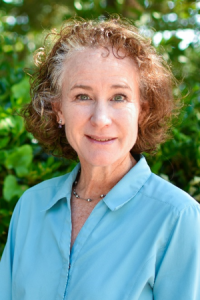
Every year, one in three adults fall and suffer tremendous negative impacts on their quality of life. While the risk of falls remain high among older adults, there has been a significant gap in fall prevention literature and its translation into real world settings.
Tiffany Shubert, a research fellow at the UNC Center for Health Promotion and Disease prevention, sought to close this gap. She worked with other investigators to develop the Stay Safe, Stay Active program. Stay Safe, Stay Active was voted best application of the RE-AIM framework by RE-AIM.org and won an honorable mention from the National Council of Aging (NCOA).
Following the direction of Centers for Disease Control and Prevention (CDC) research, Shubert translated a fall prevention intervention into a community program at a Chapel Hill senior center. The Stay Safe, Stay Active program enrolled seniors in a 37 week, balance and strength training class that was supported by a grant for two years.
“We took a program that was validated in the literature and manualized it so that it would be delivered in a standardized way,” Shubert said.
The program successfully reduced falls by 40% and significantly decreased fall-related injuries compared to age-matched controls.
“By the time the grant funding stopped, the program had been fully adopted by the senior center and was sustained for the following four years and still going strong,” she said.
Shubert said the program is significant for older adults’ health outcomes, as it has easily measurable impacts.
“The program we translated has the potential to decrease rates of falls by 30%,” she said. “Translating these programs and delivering them in a sustainable way into the community is one way to begin to address this problem.”
Shubert’s paper utilized the RE-AIM framework designed to enhance the quality, speed, and impact of public health efforts to translate research into practice.
“I am thrilled that the work is being recognized on a national level and excited to see what happens next,” she said.
